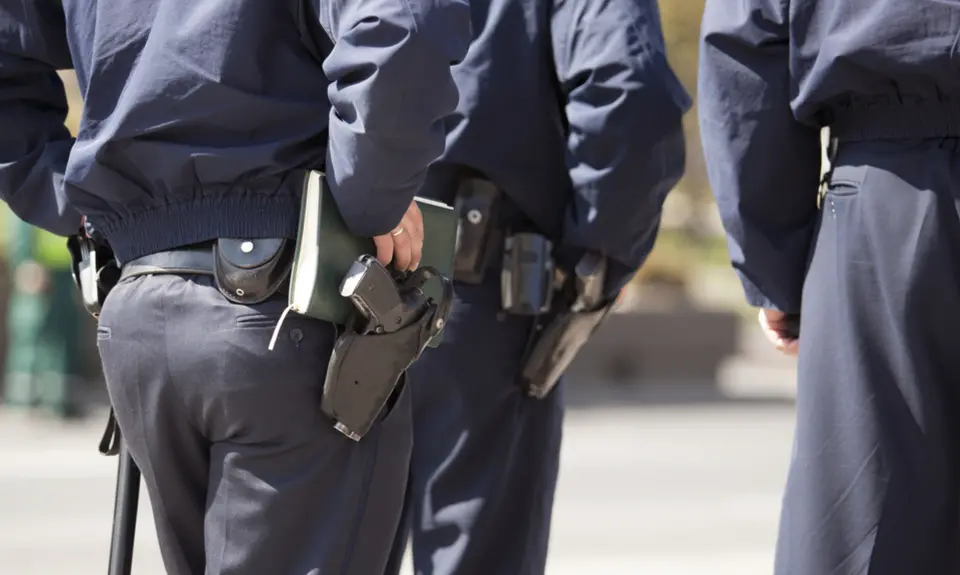In the span of 24 hours, two mass shootings in El Paso and Dayton sent shockwaves throughout the country. They resulted in 31 deaths and 53 injuries and left many people feeling terrified and anxious, desperate to end the gun violence crisis that continues to plague our country.
Mass shootings in the U.S. have increased in recent years, with more than 2,000 mass shootings since the 2012 massacre at Sandy Hook Elementary School. And the proximity between the two most recent incidents is unprecedented. In response to these tragedies, Trump described the issue as a “mental illness problem.”
What Trump and his far-right allies have failed to address is the outsized availability of guns in this country. While other factors have contributed to the increase in mass shootings, the common threads are easy access to weapons and pervasive notions of white supremacy.
The purported link between mental illness and gun violence has been widely perpetuated by the media and members of the GOP. In fact, roughly three out of five Republicans blame mental illness for causing mass shootings. Shortly after Trump’s recent address, the American Psychological Association released a statement saying that “the rates of mental illness are roughly the same around the world, yet other countries are not experiencing these traumatic events as often as we face them.”
Not only do Trump’s words further stigmatize those who suffer from mental health issues, but research has proven that there is not a significant correlation between the two. Schizophrenia, bipolar disorder, and major depressive disorder are three of the mental illnesses that are often attributed to mass shooters. However, psychiatrists have observed that even in their absence, the rate of violent crime would only go down by four percent. Having a mental illness does not automatically come with a propensity for violence. The reality is that most people who suffer from these conditions are more likely to be victims of violence than perpetrators.
Of course, Trump doesn’t use mental illness as a rationale for mass shootings when the perpetrator isn’t white. He has described the white men responsible for the massacres in New Zealand, Thousand Oaks, and Parkland as “very deranged individual[s].” Time and again, Trump described these acts of violence as “another mental health problem.” However, when the shooter is not white, he relies on racist and Islamophobic stereotypes to label them terrorists.
In fact, Trump’s characterization of mental illness as a defining factor in mass shootings is nothing more than a feeble attempt to deflect responsibility over the role his hateful rhetoric plays in animating white supremacists to enact extreme acts of gun violence. The El Paso shooter posted a four-page manifesto outlining his attack as a “response to the Hispanic invasion,” rhetoric that is eerily similar to Trump’s portrayal of immigration as “an invasion of drugs and criminals and people.” In response to the shooting, Trump called for background checks but still found a way to connect them to problems he sees with immigration.
Trump may have condemned white supremacy in his speech after the El Paso and Dayton shootings, but his comments more broadly, like others he has issued over the past two and a half years indicate that he selectively cites mental illness only when it is convenient for his administration.
This country needs immediate action to curb gun violence. The House of Representatives has passed a bill that mandates universal background checks, but the Senate needs to follow suit. We also desperately need bans on assault weapons and high capacity magazines. Mass shootings in the U.S. account for 31 percent of all mass shootings globally, yet we comprise less than five percent of the world’s population. We are simply out of time for empty promises of “thoughts and prayers.”
